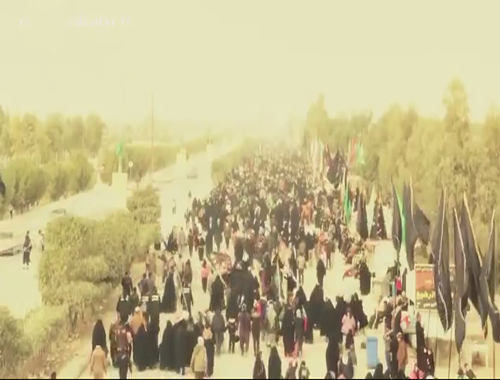To vow or pledge after saying Insha’Allah
- Details
- Hits: 2226
To vow or pledge after saying Insha’Allah
It is the opinion of Allamah Hilli, and other Mujtahids agree, that every vow or pledge after uttering Insha’Allah (or its translation in any other language) makes the pledge conditional to the Divine will. Hence it is not strictly Wajib to fulfill it. But if it is with regard to some promise or condition (of an agreement), that concerns a Wajib act or it is for the avoidance of a HarÄm act, it has to be observed faithfully, even after uttering Insha’Allah.
It must however be understood that the promise which is made conditional by saying ‘Insha’Allah’ is not binding, only when the person intends the actual meaning of the term Insha’Allah. That is, he must really mean to subject the matter to Allah (S.w.T.)’s will. If he utters Insha’Allah only for the sake of seeking divine blessings then it is binding upon him to remain firm upon his vows.
It should also be clear that it is not only permitted, to disregard a promise of abstaining from a Wajib act or to perform a HarÄm act but it is infact HarÄm to fulfill it. For example if one vows to punish his wife or son if they did such and such thing, it is better to disregard such vows and forgive them instead.
The Qur’an says:
“And let not those of you who possess grace and abundance swear against giving to the near of kin and the poor and those who have fled in Allah’s way, and they should pardon and turn away. Do you not love that Allah should forgive you?’
(Surah an-NÅ«r 24:22)
It means that Allah (S.w.T.) forgives the sins of those who forgive the wrongdoings of others.











